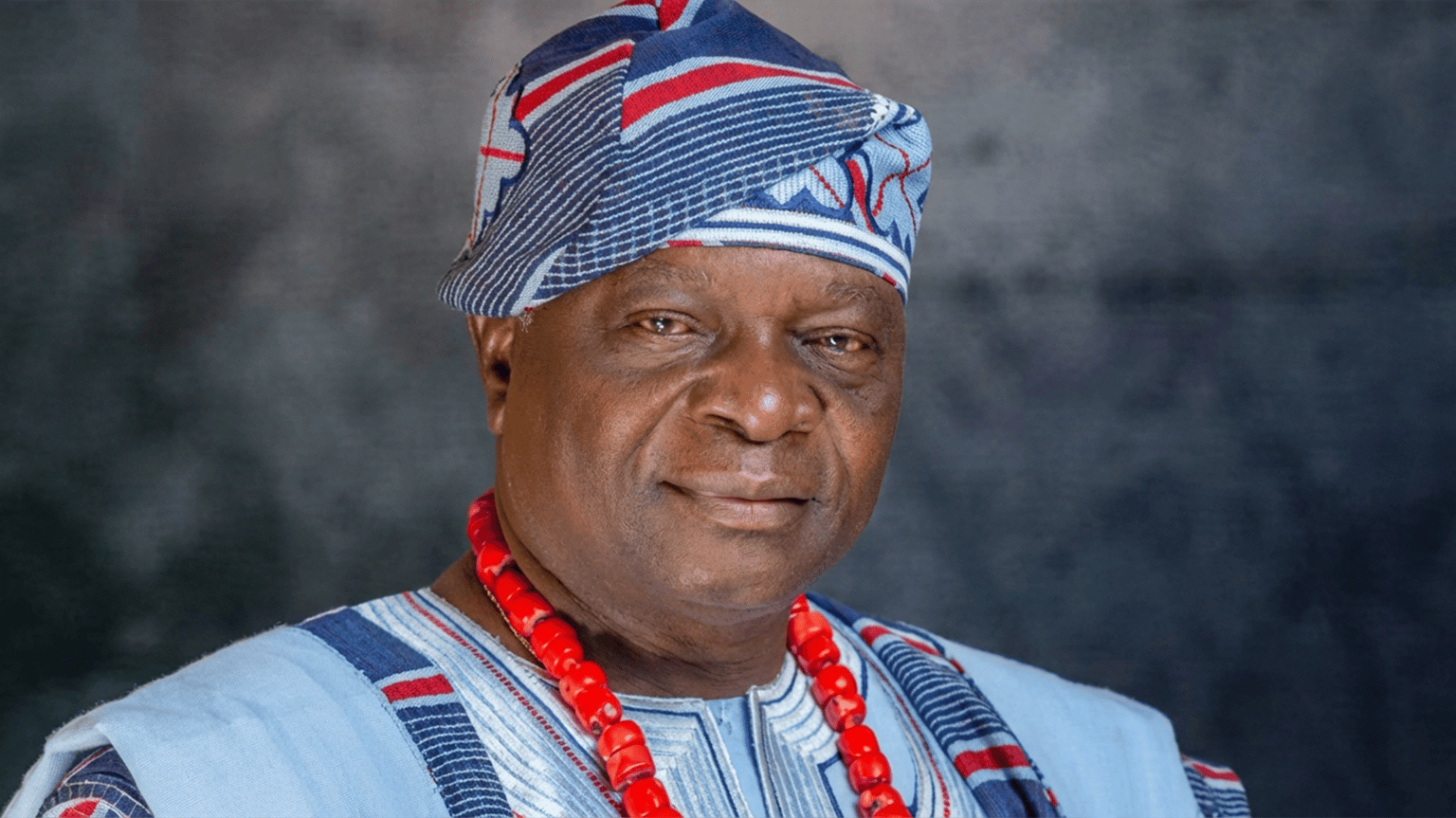Still on the Lagos-Ibadan expressway
[ad_1]
THE Lagos-Ibadan expressway, a 127.6-kilometre-long expressway, connects Ibadan, the capital of Oyo State, to Lagos, Nigeria’s largest city. More than this, the expressway also possesses a unique feature: It is a major route which connects the western, northern and eastern parts of Nigeria. Besides, the expressway is the oldest highway in Nigeria, having been inaugurated in August 1978 by the then military Head of State, General Olusegun Obasanjo. In terms of its usage, the expressway is reputed to be one of the busiest inter-state routes in Nigeria, handling an average of 250,000 Passenger Car Units (PCUs) daily. In transport engineering, Passenger Car Equivalent (PCE), which is also referred to as PCU, is a metric that is used in the assessment of traffic-flow rate on a highway. It is also basically a summation of the impact which a mode of transport has on traffic variables like headway, speed and density, in comparison to a single car.
The Lagos-Ibadan expressway also has a ranking in Africa as it constitutes one of the largest road networks on the continent. However, since its construction and opening for public use in the 1980s, the road, witnessing massive usage and subjected to wear and tear, had fallen from its former glory. Due to expansions in cities and demographics, the pressure on the road had become massive. For instance, the number of articulated lorries that ply the road have multiplied immensely while decades of the near comatose state of railway services had also exerted monumental pressures on the road. Thus, in July 2013, after so many feeble attempts had been made on its expansion and reconstruction, the Goodluck Jonathan government flagged off its reconstruction. The government said its expectation from the massive works that would be done on the expressway was to reduce the travel time of commuters who were in hundreds of thousands on the expressway. It also said that it expected international air passengers who depended on the road for quick transit to the Lagos airports to have seamless journeys after its completion.
The Jonathan government awarded the reconstruction project to Julius Berger Nigeria and Reynolds Construction Company Limited. The initial sum of the construction was put at N167 billion. The schedule was for a reconstruction of two sections of the expressway which included Section I (Lagos to Sagamu Interchange) and Section II (Sagamu Interchange to Ibadan). The Federal Roads Maintenance Agency (FERMA), the agency mandated with road maintenance and improvement in the 36 states of the federation, was the supervising agency.
It is now 20 years since the reconstruction of the expressway began. Administrations have come and gone, yet the road has remained unfinished. The current Muhammadu Buhari government, though it has made great leaps forward on the road, is yet to fulfill its promise to complete the reconstruction. This is why we are enjoining the government not to leave office without putting the final tar on the road. For a road that is merely 127.6-kilometre-long, the Lagos-Ibadan expressway may go down in history as one of the roads on which governments have dilly-dallied most in the world.
Last year, we challenged the Buhari government to complete the reconstruction by Christmas and end the perennial travails that commuters faced on the road but the government promised to complete it by Easter this year. Yet the prospect of its completion at the specified date seems to dim by the day. That promise must not fail. The government must make money available to complete the road if indeed it has the welfare of the people in mind. At the very least, it is a sign of governmental aloofness and utter disdain for the plight of the people that successive governments have played the completion exercise like a tombola. This dilly-dallying has become so excruciating; 20 years of repair works on the road have not met the demands of Nigerians.
The construction exercise has inflicted untold hardship on Nigerians who have had to ply the unfinished and dilapidated road for such a long span of time. If it takes more than 20 years to repair a road already constructed, how many years would Nigerians expect their government to spend on constructing a new road? This is very disappointing and a sad commentary on the quality of governance in the country. We are constrained to repeat our call on this government to complete the road before the end of its tenure on May 29, 2023. This should be done by releasing necessary funds to effect the completion. Nigerians would appreciate the government doing this if only as a parting gift to them.
READ ALSO FROM NIGERIAN TRIBUNE
[ad_2]














Post Comment